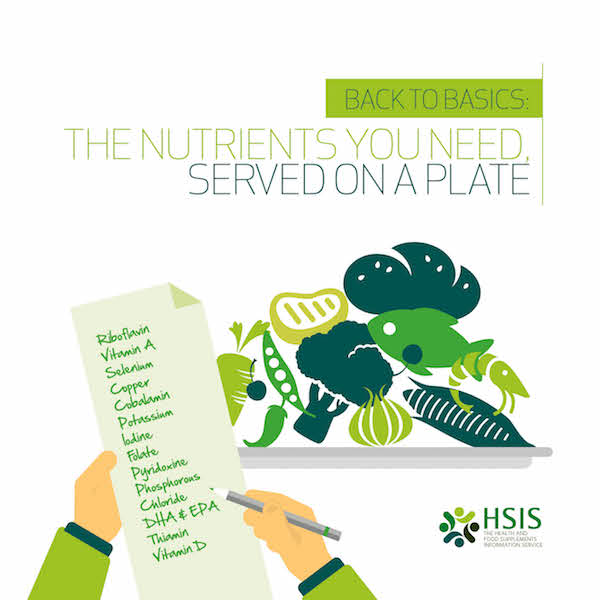<link href="https://cdn.sur.ly/widget-awards/css/surly-badges.min.css" rel="stylesheet">
<div id="surly-badge" class="surly__id_56779743 surly-badge_white-gradient" onclick="if(event.target.nodeName.toLowerCase() != 'a' && event.target.parentElement.nodeName.toLowerCase() != 'a') {window.open('https://sur.ly/i/parentingwithouttears.com/'); return 0;}">
<div class="surly-badge__header">
<h3 class="surly-badge__header-title">Content Safety</h3>
<p class="surly-badge__header-text">HERO</p>
</div>
<div class="surly-badge__tag">
<a class="surly-badge__tag-text" href="https://sur.ly/i/parentingwithouttears.com/"> parentingwithouttears.com </a>
</div>
<div class="surly-badge__footer"> <h3 class="surly-badge__footer-title">Trustworthy</h3> <p class="surly-badge__footer-text">Approved by <a href="https://sur.ly" class="surly-badge__footer-link">Sur.ly</a> </p> </div> <div class="surly-badge__date">2023</div>
</div>

The HSIS report: Back to Basics: The Nutrients You Need, Served on a Plate co-authored by HSIS dietician Dr Carrie Ruxton and GP Dr Nisa Aslam looks at the challenges of meeting recommended nutritional intakes through diet alone and looks at ways to improve our nutrition.
Here the authors give their top ten tips to get your nutrient status back to basics.
1. Bridge dietary gaps
Bridge micronutrient gaps in your diet with a multivitamin and multi-mineral supplement appropriate to your age group (applies to adults and children).
2. Love your omega-3s
If you aren’t managing to eat at least one portion (140g) of oily fish a week, ensure your body’s omega-3 needs are being met with an omega-3 supplement containing the fatty acids EPA and DHA appropriate to your age group (applies to adults and children). There are fish-based omega-3 supplements and algae ones for vegetarians and vegans.
3. Up your Vitamin D
Take a 10μg daily vitamin D supplement between October and early March to top up the limited amounts available from natural food sources (applies to adults and children).
4. Mums-to-be
All women of reproductive age who may become pregnant should take a 400μg daily folic acid supplement to reduce the risk of neural tube defects in their babies.
5. Babies, infants and children
It’s a good idea to give children aged six months to five years a vitamin A, C and D supplement, as recommended by the Chief Medical Officer.
6. Eatwell
Follow the recommendations from the Eatwell Guide to help you achieve the recommended intake of protein, fats, fibre, vitamins and minerals.
7. Veg & Fruit – life’s vitality
Aim to include at least 400g (5 x 80g portions) of vegetables and fruit in your daily diet. This could be through soups, stews or salads, or chucking a handful of frozen peas or sweetcorn into recipes. A daily glass of orange juice, or a handful of berries or raisins sprinkled on your porridge is an easy hack. Or try spinach and mushrooms with scrambled eggs, or a piece of fruit alongside your usual toast.
8. Plate colour
Try adding a new vegetable or fruit to your basket each week – and remember frozen, fresh, dried and tinned all count. Eating a wide range of colours of fruit and veg is a good way to ensure you’re maximising essential vitamins, minerals and health-giving phytonutrients, such as polyphenols.
9. Cook from scratch
Aim to cook as much of your own food as possible, as ultra-processed food tends to have lower levels of micronutrients and higher levels of fat, salt and sugar. Batch cooking nutritious dinners and popping them in the freezer is a great way to do this and save time in the evenings.
10, Label check
Check the label of your regular supplements to make sure you’re not doubling up for any individual nutrients, and you’re following the recommended doses. If you’re on regular medication, it’s wise to let your doctor know that you want to take a dietary supplement.
ABOUT HSIS
HSIS (the Health and Food Supplements Information Service) is a communication service providing accurate and balanced information on vitamins, minerals and other food supplements to the media and to health professionals working in the field of diet and nutrition. Find out more at .